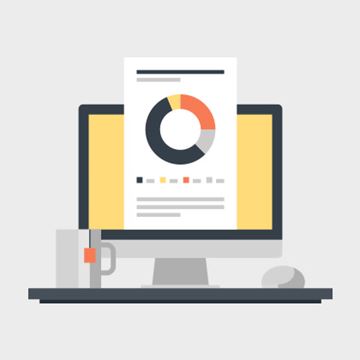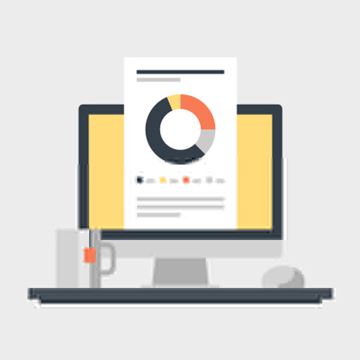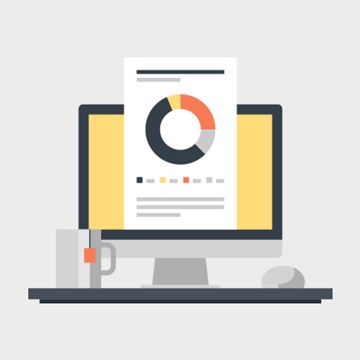Search
10406 Laboratory Investigation of MIC in Hydrotest Using Seawater
Also Purchased
10404 Protection Against Microbiologically Influenced Corrosion by Effective Treatment and Monitoring During Hydrotest Shut-In
Product Number:
51300-10404-SG
ISBN:
10404 2010 CP
Publication Date:
2010
$20.00
10401 Prevention of Corrosion in Carbon Steel Pipelines Containing Hydrotest Water-An Overview
Product Number:
51300-10401-SG
ISBN:
10401 2010 CP
Publication Date:
2010
$20.00
03572 CHEMICAL TREATMENT OPTIONS FOR HYDROTEST
Product Number:
51300-03572-SG
ISBN:
03572 2003 CP
Publication Date:
2003
$20.00




